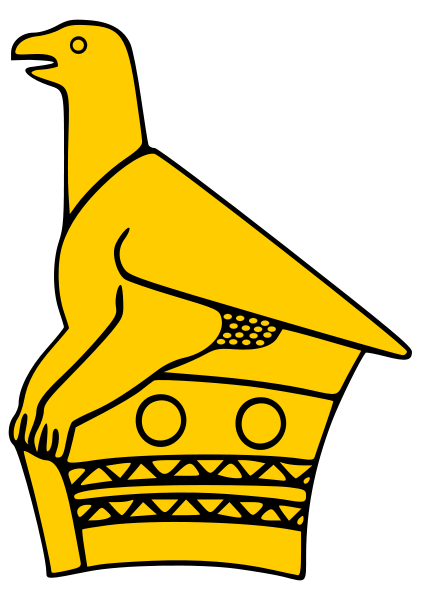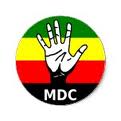Pioneer Days
Armstrong suffered to a fair degree after the death of the old man and the doubts of his and Burnham's claims were more forcibly expressed. He was seen as being a liar who, along with Burnham, made up the story for fame and adulation; Ranger (1967) openly makes this claim. Quoting archival documents, Emmerson (1975: viii) claims that during the inquest, “Armstrong by threats and bribes caused certain natives to perjure themselves and to swear to what was not true” and later obtained declarations that “all the natives about here [Mangwe] say the Native Police told them... that Mr. Armstrong had ordered them to persuade the natives to say that it was the 'M'limo' – and they did this as they feared Mr. Armstrong although they knew the dead man was not the 'M'limo' at all”. Armstrong was later replaced as the Officer Commanding Troops in Mangwe laager by Colonel Napier, who accused him of causing serious breaches of discipline as well as wastage and unauthorised detention of food. Armstrong's character seems to have been a complicated one since he has been variously described as “shrewd and capable” (Selous 1896) to moody to loyal and steadfast (Burnham 1927). That he was later exonerated is shown by the presentation of the gold watch by the authorities.
The incident, no matter what actually happened, nearly had catastrophic consequences for the whole course of the war. By shooting the old man and removing people connected with him, as Ranger (1967: 188) argues, Armstrong and Burnham removed one influential centre that had been opposed to the rising. As noted in the last briefing, the road to Mangwe and beyond was a vital one, being the main source of resupply for the whole of Matabeleland and it loomed as a possible escape route if the war was lost (although by this stage there was little chance of that happening). Far from ending the war as Burnham claimed at the end of his story, the shooting nearly brought in the entire south western Kalanga contingent into the war on the side of Umlugulu, Lozikeyi and the rest of the Matabele. That they didn't is perhaps due to the quick course of events in the Matobo Hills and Rhodes's peace negotiations.
References & Further Reading
- British South Africa Company (BSAC). 1898. Reports on the Native Disturbances in Rhodesia, 1896-97. London: BSAC. (Reprint with new title of The ’96 Rebellions, 1975, Bulawayo: Books of Rhodesia).
- Burnham, F.R. 1927. Scouting on Two Continents. New York: Doubleday, Page & Co. (Reprint, 1975, Bulawayo: Books of Rhodesia).
- Clarke, M. 1983. The Plumtree Papers. A History of Bulalima-Mangwe and Life in Rhodesia up to 1922. Plumtree: The Plumtree Foundation.
- Emmerson, P. 1975.
- Cobbing, J. 1977. The absent Priesthood: Another look at the Rhodesian Risings of 1896-1897. The Journal of African History 18 (1): 61-84.
- Ranger, T.O. 1967. Revolt in Southern Rhodesia 1896-7. A Study in African Resistance. London: Heinemann.
- Ransford, O. 1968. Bulawayo: Historic Battleground of Rhodesia. Cape Town: A.A. Balkema.
- Selous, F.C. 1896. Sunshine and Storm in Rhodesia. London: Rowland Ward & Co. Ltd. (Reprint 1968, Bulawayo Books of Rhodesia)
Sourced from the Zanj Financial Network 'Zfn', Harare, Zimbabwe, email briefing dated ? 2011


 South Devon Sound Radio
South Devon Sound Radio Museum of hp Calculators
Museum of hp Calculators Apollo Flight Journal
Apollo Flight Journal Apollo Lunar Surface Journal
Apollo Lunar Surface Journal Cloudy Nights Classic Telescopes
Cloudy Nights Classic Telescopes The Savanna - Saffer Shops in London
The Savanna - Saffer Shops in London Linux Mint
Linux Mint Movement for Democratic Change
Movement for Democratic Change